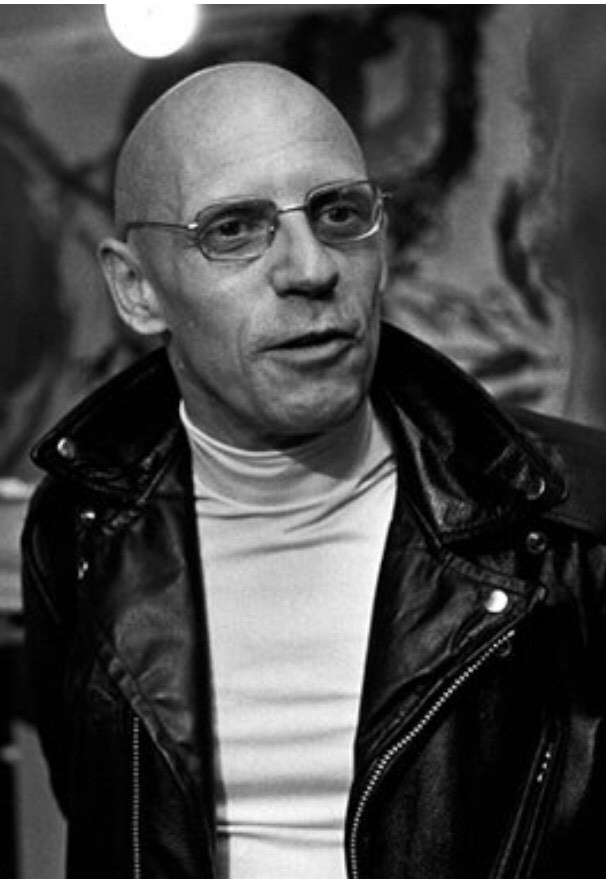Facts about Michel Foucault
Michel Foucault Biography
French philosopher Michel Foucault came to prominence in the 1960s as a provocative voice whose academic studies of power and institutions included Madness and Civilization (1964), This is Not a Pipe (1968) and The History of Sexuality (1976).
From an upper middle-class background, Foucault was a brilliant but emotionally troubled student of history and philosophy, influenced by Immanuel Kant, Martin Heidegger and Karl Marx.
In 1970 he became Professor of the History of Systems of Thought at the Collegé de France, a post he held until his death from causes related to AIDS in 1984.
Foucault’s special interest was in institutions such as prisons, hospitals and bordellos, and the nature of the hierarchical structures that oppressed misfits and deviants.
He became associated with structuralism (and, of course, post-structuralism), the idea that language is a structure in and of itself and not a representation of some other, deeper reality.
He was also famously attracted to drugs and homosexual sadomasochism, a detail that adds to or detracts from his credibility, depending on whether you’re a fan or a critic. His other books include The Order of Things (1966) and The Archaeology of Knowledge (1969).

